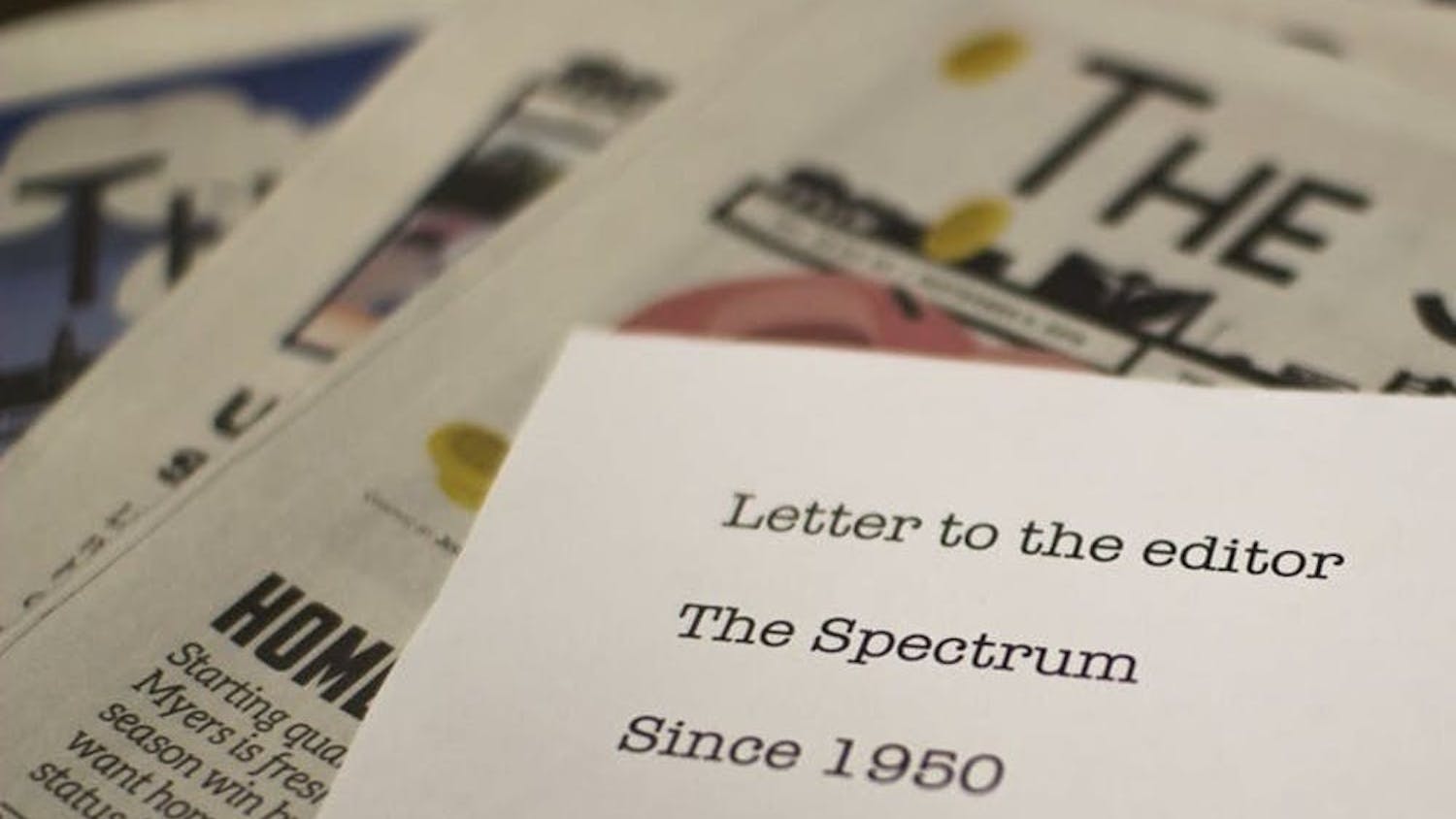“No one cares about the fate of labor as long as they get their instant gratification,” said Squidward Tentacles, the proletariat.
“Am I really going to defile a grave for money? Of course I am,” said Mr. Krabs, the bourgeoisie.
“SpongeBob SquarePants,” a show that many college-age students could quote in everyday conversation, first introduced an entire generation to societal and economic critiques through a typically leftist perspective. High-level topics, especially by children’s show standards, exposed young viewers to gender theory, socialism, the prison-industrial complex, xenophobia and environmentalism, often through capitalism-critical lenses.
Many plots of “SpongeBob SquarePants” revolve around the Krusty Krab and capitalism. SpongeBob is arguably the greatest fry cook in the universe; he literally beat a God in the episode “Neptune’s Spatula.”Despite this, he is woefully underpaid and given no breaks.
“No one’s taken a break at the Krusty Krab since the Chum Famine of ’59!” according to Mr. Krabs.
Mr. Krabs pits his workers against each other for his own gain in “Employee of the Month.”He stirs the pot by getting both SpongeBob and Squidward riled up about the award, forcing them to work harder and against each other.
In the episode “Squid on Strike,” SpongeBob and Squidward go on strike after reaching a breaking point in Mr. Krabs’ exploitation of their labor. At the picket line, Squidward gives rousing speeches on workers’ rights: “The gentle laborer shall no longer suffer from the noxious greed of Mr. Krabs!”
A hungry crowd that wants Krabby Patties immediately tramples Squidward after these speeches. He bemoans how callous and uncaring the public is for exploited workers.
These were likely some of the first encounters with critiques of the capitalist system young American viewers had seen at the time.
Beyond capitalist critiques, “SpongeBob” exposed us to a notable challenge of gender norms.
In “Rock-a-Bye Bivalve,” SpongeBob and Patrick assume female and male gender roles respectively. After discovering a baby scallop in a coral tree, SpongeBob and Patrick decide to raise the little creature.
SpongeBob assumes the role of mother and Patrick assumes the role of father. The show acknowledges that these gender roles are just that: roles. SpongeBob being male does not restrict him from being a mother.
Beyond that, the arrangement only falls apart when Patrick becomes wrapped up in his toxic masculinity, putting it on SpongeBob to provide both emotional labor in their relationship and physical labor in the raising of their child and maintaining of their home.
The show takes aim at the prison-industrial complex in the episode “Doing Time.”
Mrs. Puff, SpongeBob’s driving instructor, is imprisoned – without a trial – after SpongeBob drives their boat off an unfinished bridge, opened by a largely incompetent and rarely seen mayor. It’s clear Bikini Bottom exists in some sort of anarchist capitalist police state with no checks or balances.
Mrs. Puff works as a forced laborer in prison, working on making coat hangers or breaking rocks. She is quickly driven to the point of insanity and the prison guards throw her in solitary confinement. The episode ends ambiguously with her memory going back and forth between reality and a confused dream state.
Her ordeal in prison is highlighted by the lack of treatment available or a complete disregard for her mental state. It’s unclear whether or not SpongeBob and Patrick are actually there but perhaps that’s the point; the viewer sympathizes with Mrs. Puff in not knowing what is real and what is happening in such a hostile, crushing environment.
SpongeBob is often hapless in the ills of the society around him. He loves fry cooking so much that it blinds him to the problems around him.
In the episode “Jellyfish Hunter,”SpongeBob finally rebels against the capitalist, traditional system once he realizes his hand in the destruction it brings.
SpongeBob often goes jellyfish hunting, usually for sport. In this case, he ecologically milks the jellyfish of their jelly, not taking too much but just enough for personal use.
Once Mr. Krabs realizes the money making potential of such a venture, he quickly industrializes the jelly harvesting. “More!” he demands from SpongeBob.
Eventually, there are no more jellyfish left and SpongeBob is horrified when he sees the factory Mr. Krabs has been bringing the jellyfish to. He confronts Mr. Krabs, one of the rare times he directly confronts the capitalist system, and frees the jellyfish.
SpongeBob taught us to see all the problems with our modern society around us, more so than any of the characters do. The show, with its exaggerated, often surreal social critiques, showed us what’s wrong with much of our current system; we need now only apply what SpongeBob has tried to teach us.
Unfortunately for us land creatures, we cannot wait for all the jellyfish to be gone to stand up to the injustices of our world.
Dan McKeon is a copy editor and can be reached at dan.mckeon@ubspectrum.com





